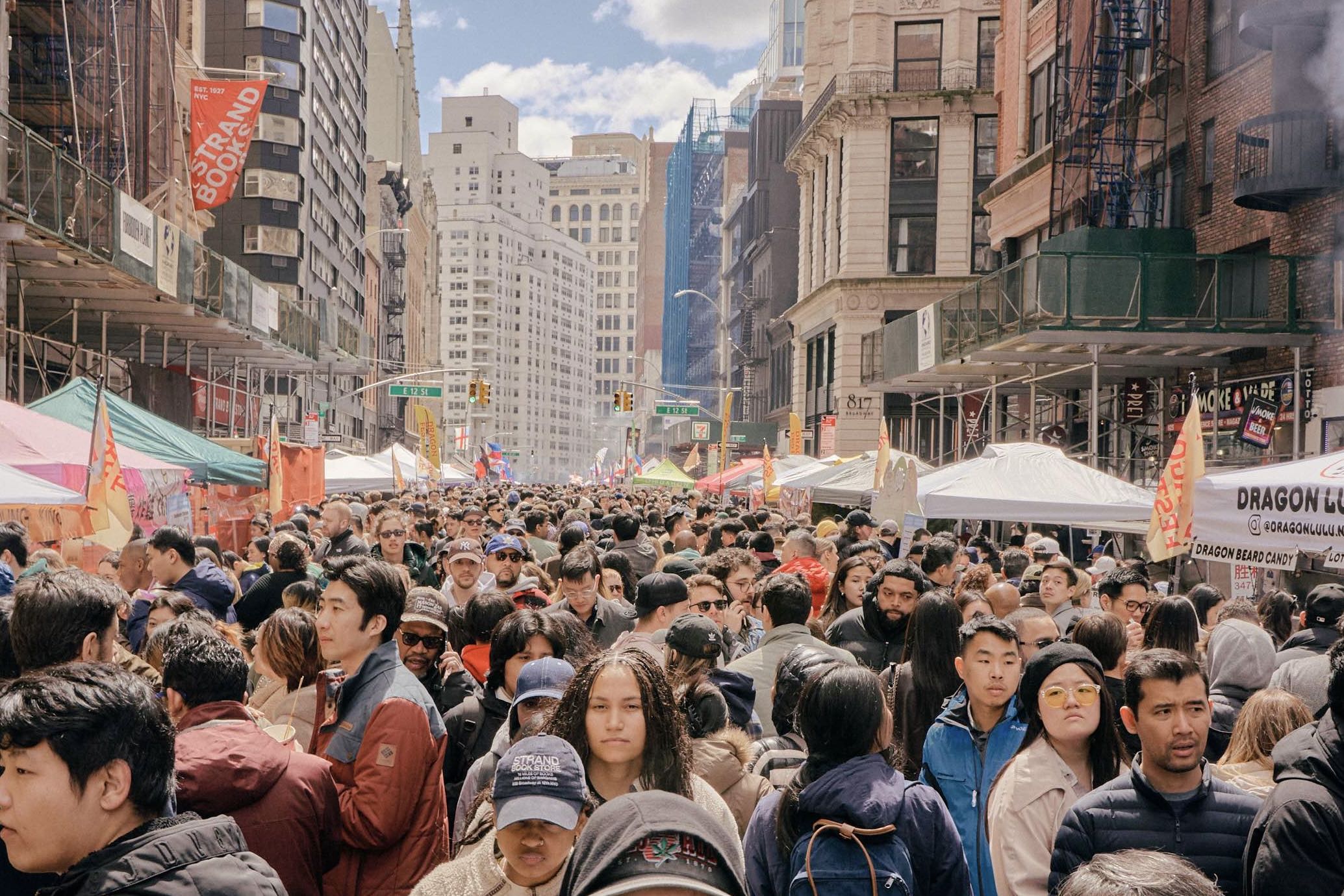It is the spring of 2012, 67 years after the last emaciated, miserable inmates of the Nazi death camps were liberated in Europe. And the man who won the Nobel Prize when he told the story of the Holocaust sits in his midtown office and reminisces.
The face of Elie Wiesel still bears the marks of the suffering he endured. And the lines in his cheeks make you think of an Old Testament prophet. Born in Hungary, he lost his mother, father and sister in the Holocaust.
Many years later, when he accepted the Nobel Peace Prize, he recalled how it might have happened yesterday or “an eternity ago.” How “a young Jewish boy discovered the kingdom of night.
I remember his anguish. It all happened so fast. The ghetto. The deportation. The sealed cattle car.
The fiery altar upon which our people and the future of mankind were meant to be sacrificed.”
His powerful words ring out across the years. “I shall never forget that night, the first night in camp, seven times cursed and seven times sealed…never shall I forget those moments which murdered my God and my soul and turned my dreams to dust.”
He told me about the day the American army came to liberate the prisoners,
Local
How the prisoners "wanted to cry but they didn’t know how to cry….if you cry, you will never stop so they didn’t even do that.”
And he recalled how Jewish prayers often invoke God’s name and bless it. But then, as Jewish philosophers are wont to do, he began to argue -- with himself: “Blessed be God’s name. But why would I bless him? Every fiber in me to burn in his mass graves? Because he kept six crematoria working day and night, including Sabbath and the Holy Days? Because in his great might, he had created Auschwitz, Birkenau, Buna and so many other factories of death….?"
When I asked Wiesel about Job in the Bible, whether he ever compared his own life to Job’s? Have you ever been angry at God for his indifference to your trials? Job makes Elie Wiesel smile. He clearly relates to him. “I loved Job,” Wiesel told me.
Job didn’t get angry at God. In the end, he accepted. He endured.



